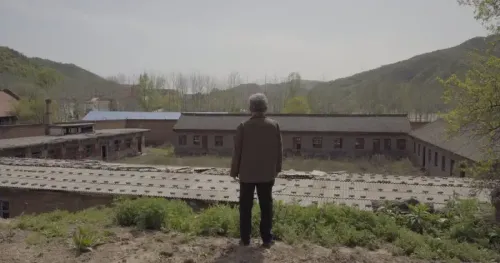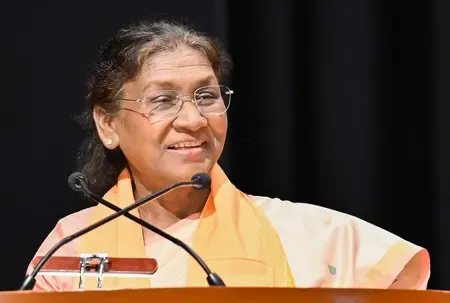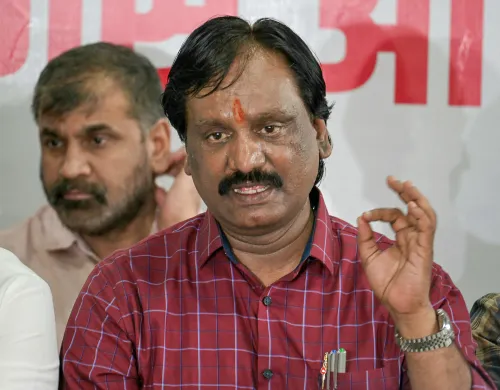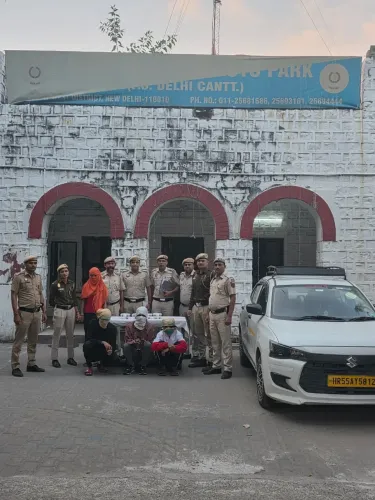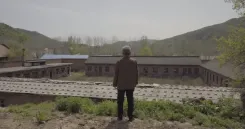Are We Still Paying the Price for Partition? Rashid Alvi Supports Mani Shankar Aiyar’s Remarks
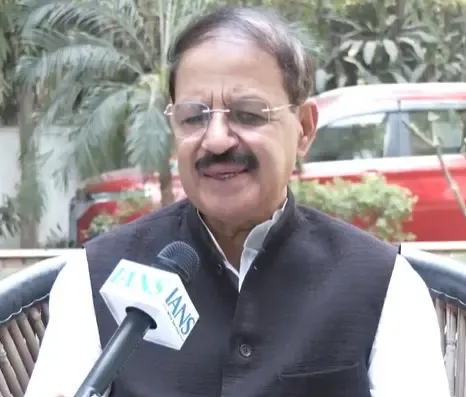
Synopsis
Key Takeaways
- Rashid Alvi emphasizes the ongoing impact of Partition.
- The Pahalgam attack highlights unresolved tensions.
- Leaders call for reflection on the historical context.
- The significance of cultural unity over religious division.
- Warnings about potential consequences of political statements.
New Delhi, April 27 (NationPress) Following the devastating terror attack in Pahalgam, Jammu and Kashmir, which resulted in the loss of 26 innocent lives, prominent Congress leader Rashid Alvi has addressed the historical underpinnings of the India-Pakistan conflict, directly attributing it to the consequences of the Partition.
Alvi expressed strong support for Mani Shankar Aiyar’s remarks regarding Partition in light of the attack, stating, “It is undeniably true that the Partition of India was a grave mistake, and we continue to bear its consequences. Had Partition not occurred, incidents like the Pahalgam attack may have been averted. Countless lives could have been spared.”
The Congress leader acknowledged that revisiting past errors may not be beneficial, but he emphasized that Maulana Azad had cautioned that a nation founded solely on religion cannot endure. “A nation thrives on culture, tradition, language, and unity. This is why Pakistan, established on religious grounds, ultimately fractured,” he remarked.
Veteran Congress member Mani Shankar Aiyar questioned if the Pahalgam attack signifies “unresolved issues from Partition,” noting that many leaders attempted to avert this division, but profound schisms rendered separation inevitable. “Partition occurred, and we are still paying the price,” Aiyar added.
In response to former Pakistan Foreign Minister Bilawal Bhutto Zardari’s threats regarding the Indus Waters Treaty, Alvi issued a warning to Pakistan's leadership. “The future won’t speak, history will. I advise Pakistan’s leaders to reflect on the events of 1965. We were on the verge of taking Lahore. Blood was shed, and they witnessed it firsthand. After such turmoil, Pakistani leaders should avoid making incendiary remarks.”
Alvi also shared a noteworthy discussion with two Pakistani MPs at a conference in Nepal years ago. “A representative from Balochistan and another from the northwest mentioned that if India terminated the Indus Treaty, Pakistan would face ruin. They predicted celebrations in Balochistan and the northwest, leading to the collapse of the entire system,” he recounted.

